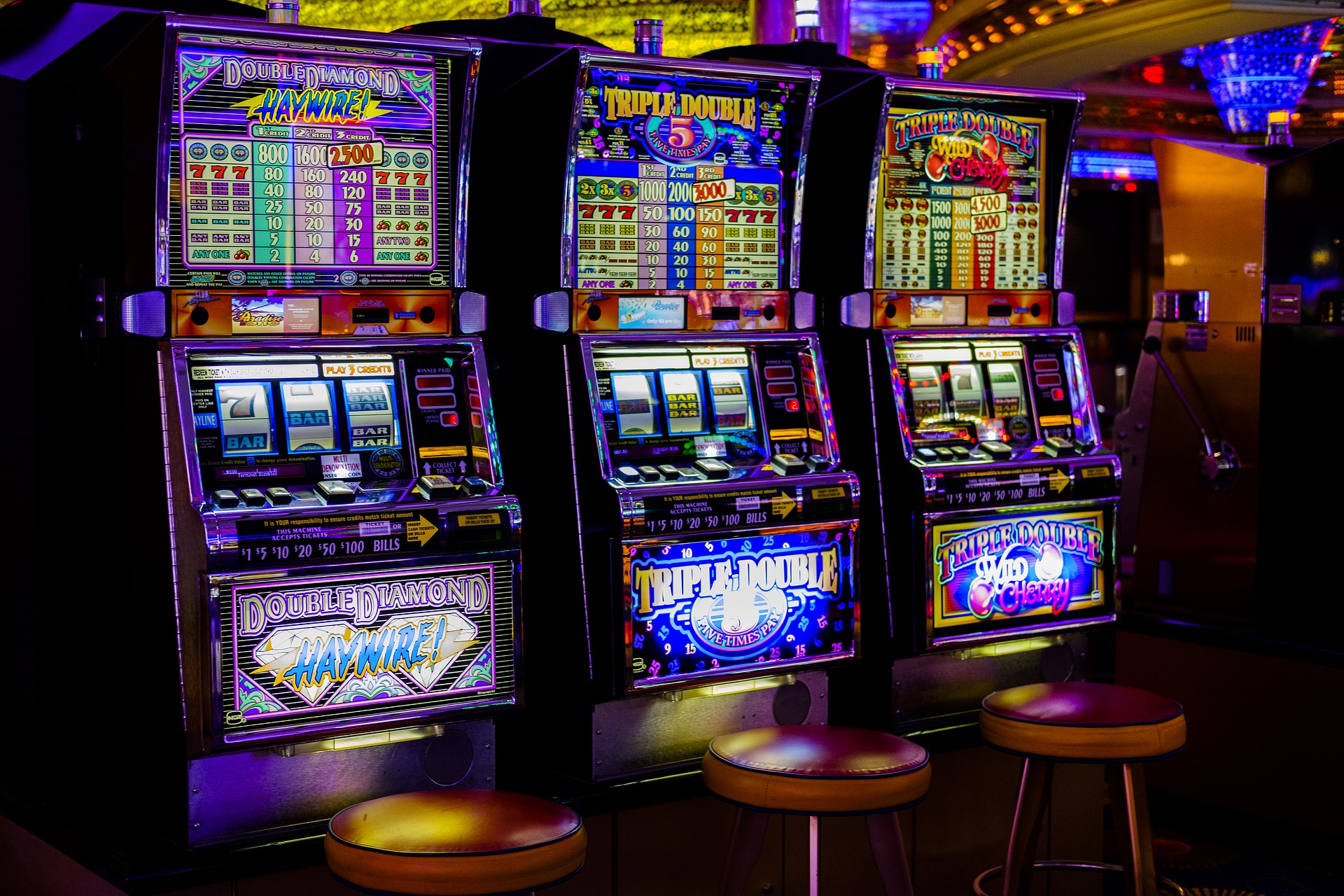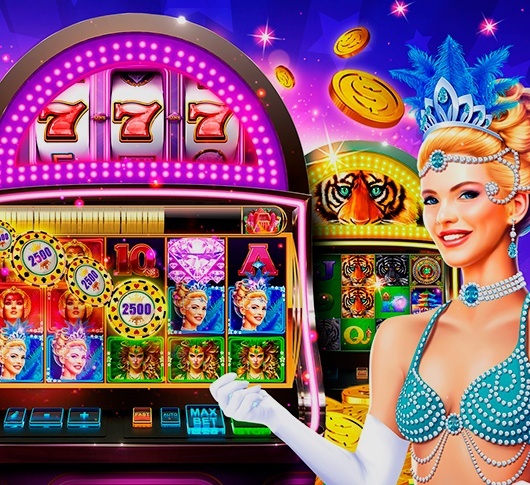Psychology Behind Slot Machines
- The Psychology Behind Slot Machines
- Psychology Behind Slot Machines Jackpots
- Psychology Behind Slot Machines For Sale
- Psychology Behind Slot Machines Heavy Duty
- Psychology Behind Slot Machines Free Play
And, according to Tristan Harris, they do so by designing their platforms with Las Vegas slot machine principles in mind. The psychological principles behind why slot machines are so addictive were originally discovered by B.F Skinner (1969). He conducted an experiment where pigeons were given food every time they pressed a lever. In psychology, this is known as a variable ratio reinforcement schedule, the very same process that keeps people sitting in front of slot machines all day. These game designers don’t just guess at the challenges they create, either. IGT now makes 93 percent of the world’s video poker machines and is the largest manufacturer of video slots in the world. Its Wheel of Fortune franchise spans every kind of slot machine.
By Alex J. Coyne © Great Bridge Links
Have you ever stopped to think about the psychology of gambling? No, not quite how you can have the mindset of a winner or the perfect expressionless face for the poker table, but instead why mankind feels the need to gamble in the first place. People like odds, people like playing with odds – and people love beating odds. Here’s more about the psychology behind gambling and what makes gamblers tick.
Why we gamble
From a psychological perspective, people gamble for the feeling of the exciting payout of winning. It’s why we’ll take a chance or a risk on pressing the button on the slot machine, or bet a family member five bucks that they won’t eat the entire pudding in one sitting: It’s all about the maybe of winning. This counts for everything from poker and lottery – of course, gamesmanship factors into it too, but the anticipation and potential of payoff is the core of why people feel the need to gamble – or take risks.
Fair play
Beating the house may be fun, but another big draw of gambling, and other card games, is testing both your mettle and luck against other players. Those who may not necessarily be in it to profit do enjoy the social activity and competition, and securing a win no matter the money involved can be considered a major victory in itself when considering that chance and luck play major roles in the games. Take bridge for example – there’s no money involved — the rewards for good bridge have always been primarily the respect and admiration of others.
The rewards
Gambling, and winning, creates chemical changes within the brain. These chemical changes release the brain’s happy hormones and give you the rush of winning the jackpot. For most, that’s where it stops and you can walk away from the table whether you won small or lost big. For some, it doesn’t quite work that way – and they keep chasing the brain’s happy hormone fix. Then, it turns into gambling addiction instead.
The games are designed to take advantage of the psychology
Casino games, especially automated ones, and recreational game software, apps and online, are designed to appeal to those places in our brain that will keep us playing, keep us dropping coins into the slots, or make us spend hours with our computers or Nintendo Switch rather than detail the family car or take the dogs for a nice long walk.
In her book, Addiction by Design, Natasha Dow Schüll notes that some players self-medicate in a kind of ‘machine zone’ while playing which is a result of the interplay between player and machine, rather than being a product of only the player’s personality or the machine’s design. The game’s payout systems are designed to keep the player in the zone with small and unpredictable rewards.
Related Articles:

Online casino platforms promise better chances of winning with promotional codes and free spins such as free spins with Starburst. And although online casino play doesn’t have the same tactile attraction, the payouts are bigger and happen a bit more often which keeps players interested.
Gambling addiction
Why can some gamble responsible and others not? Studies are increasingly showing that gambling addiction affects the same areas in the brain as alcohol and drug addiction, and addicts will achieve similar highs. Why we’re susceptible to being more addictive (or less, or not at all) is down to several factors, a lot of which can include your genetic make-up. Newer research shows that gambling addiction can even be directly linked to the way the brain accepts and processes opiates (Medical Daily).

The Psychology Behind Slot Machines
Note: Are you struggling with gambling addiction? We love a great game, but we also accept that responsibility comes with it. If you or someone you love are struggling, seek help with your local authorities. For the US, the National Counsel on Problem Gambling.
Psychology Behind Slot Machines Jackpots
Gambling primates, a study in gambling
Yes, there have even been studies on the different ways humans and primates gamble when faced with odds. Putting it simply, potential payoff changes the way your brain is prepared to look at the risk – and the same appears to be true for primates, incredibly.
Psychology Behind Slot Machines For Sale
The same effect can be seen with games that are pay-to-play and games that offer rewards, achievements and badges – like the Skyrim-series and many others that have you running around completing pretty pointless (if fun) minigames. Why do you still do it? Payoff, no matter how small.
Psychology Behind Slot Machines Heavy Duty
Level Up Games
Games of all kinds are a whole lot of fun and most of us would gladly spend our time playing and competing against humans or machines. If you’re a parent concerned with your child’s gaming, or future gaming habits, it’s recommended that you stay away from games that ‘level up’ – in other words, games that work on the habit-forming parts of the brain, requiring the player to repeat activities over and over in order to move up to the next level. Moving from level to level provides the same kind of payoff as a slot machine spewing coins into a plastic dish. Instead, encourage your child to play creative games and games that allow for team play. MineCraft for example, allows both creative play, team play, and has optional monsters for players who prefer to do battle.
Psychology Behind Slot Machines Free Play
And teach your child to play bridge! There are many online bridge apps, including Kida, a Double Dummy app for Kids (and Adults) to learn card play. Click here for more information on learning to play.